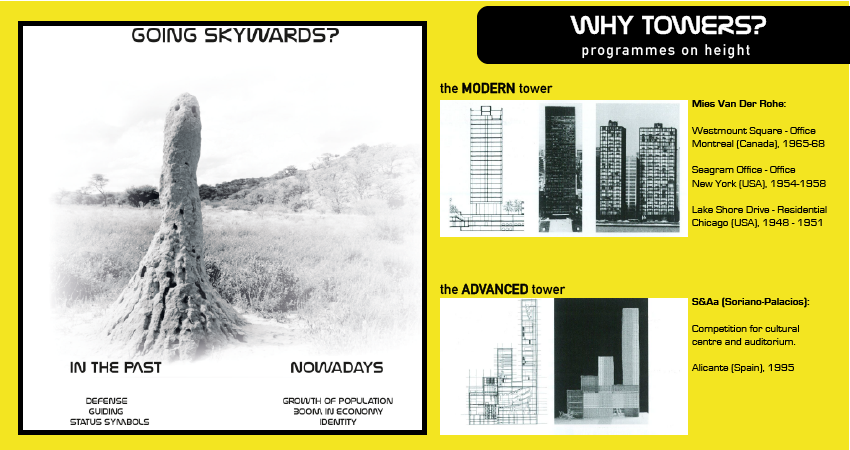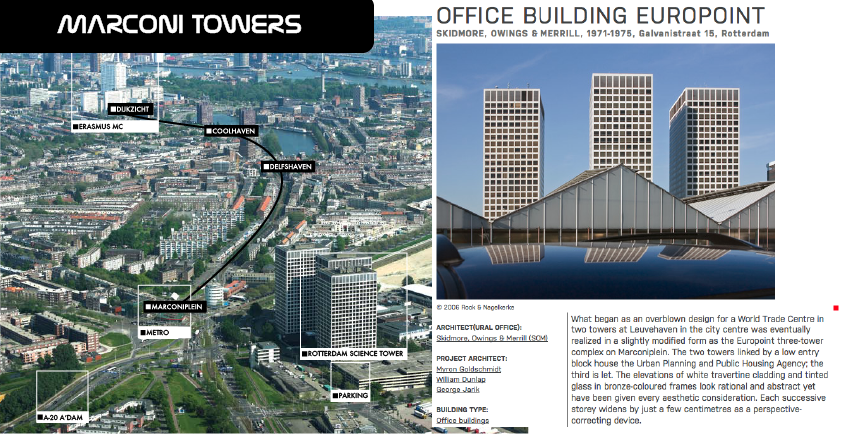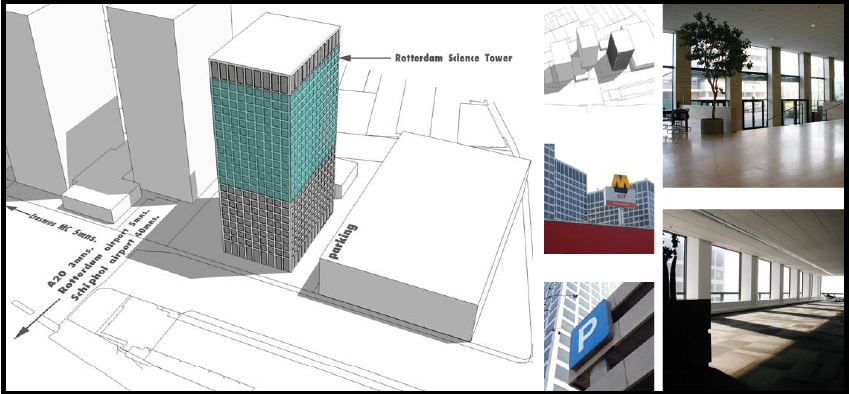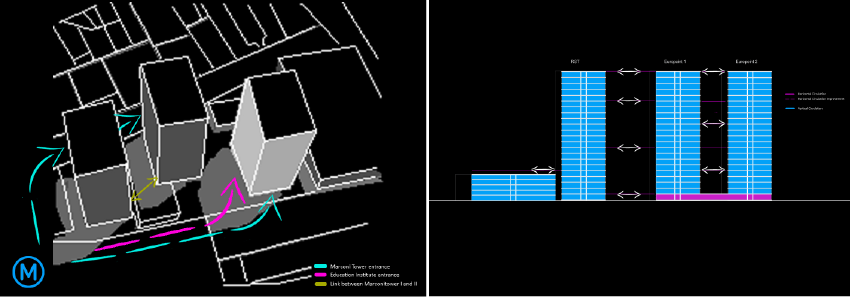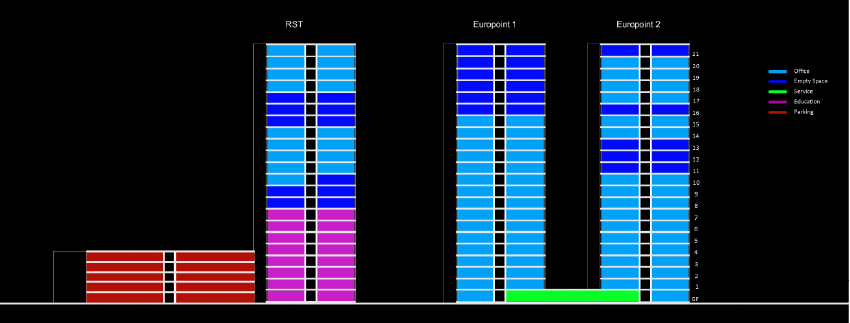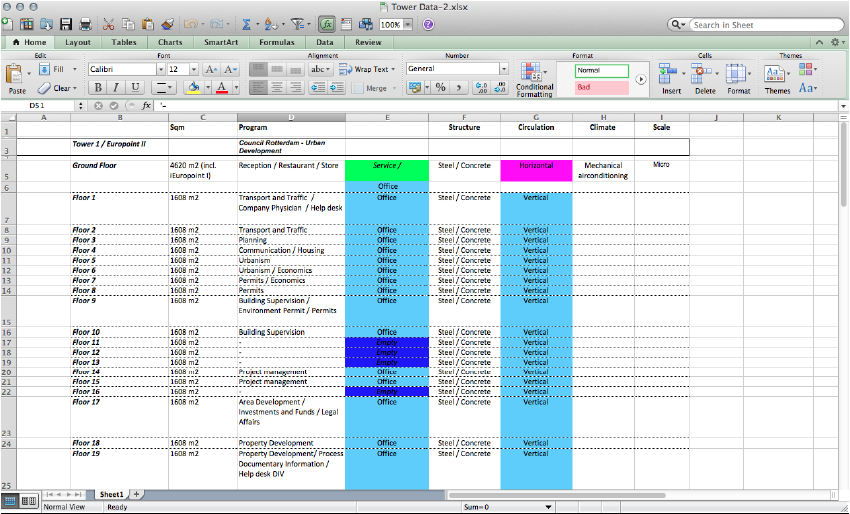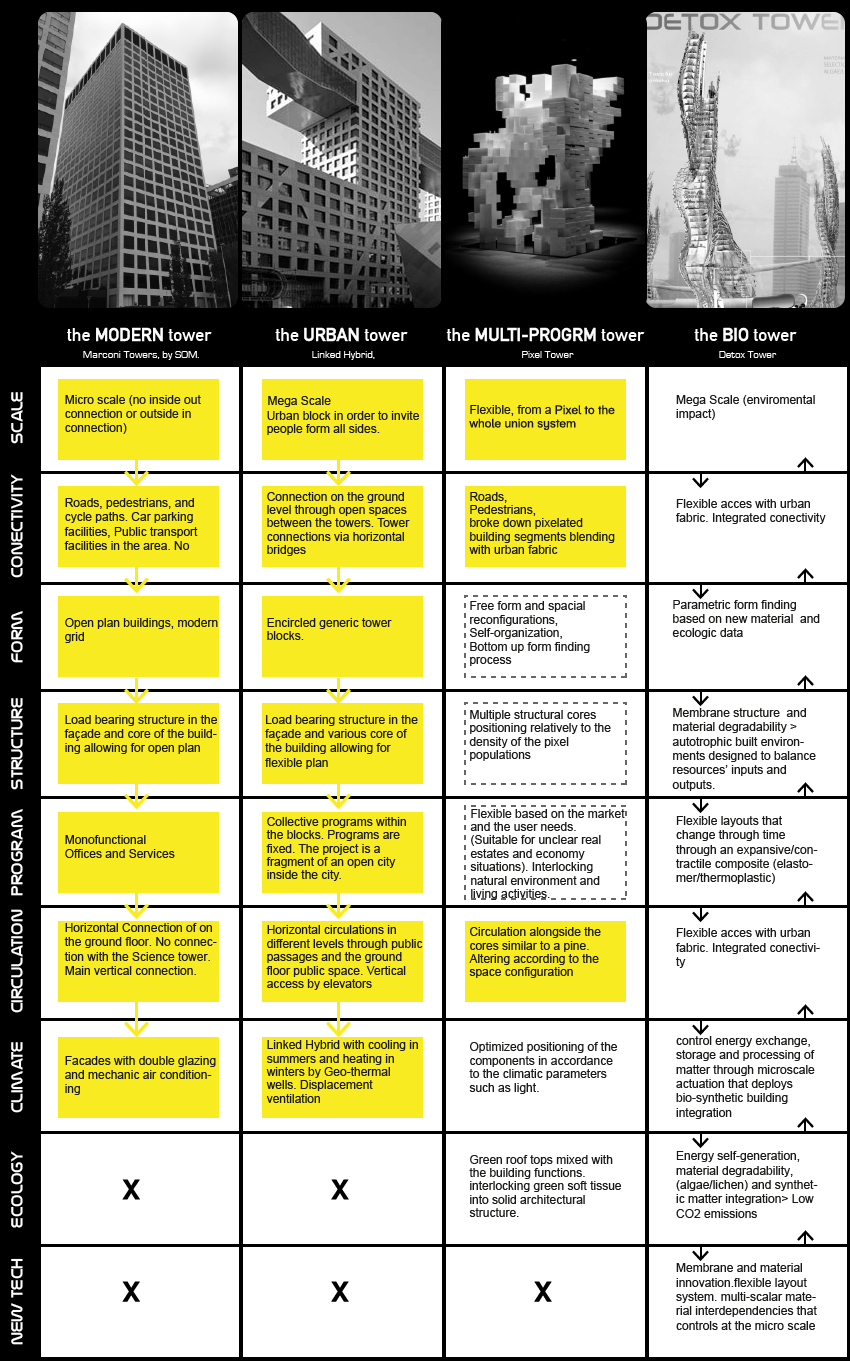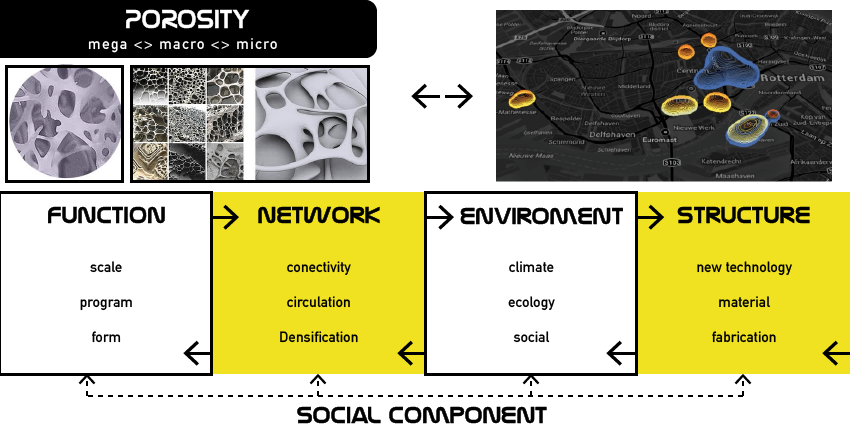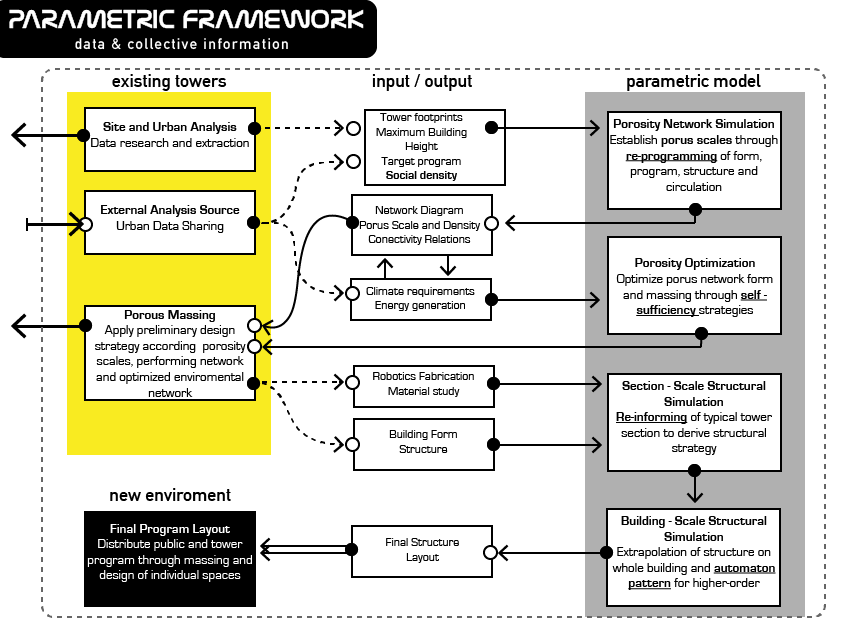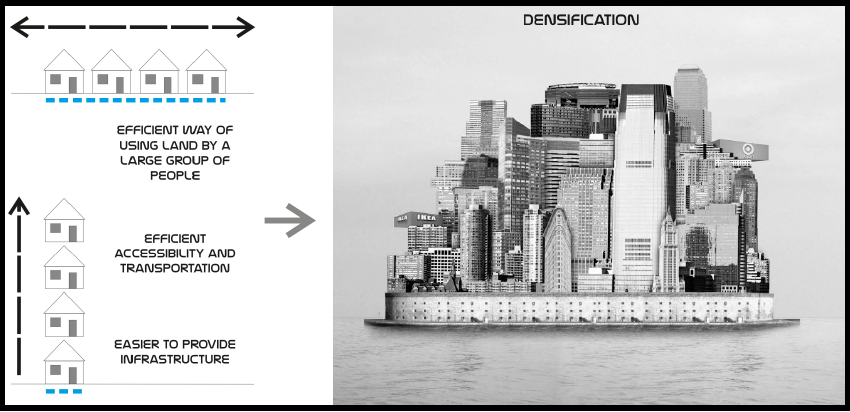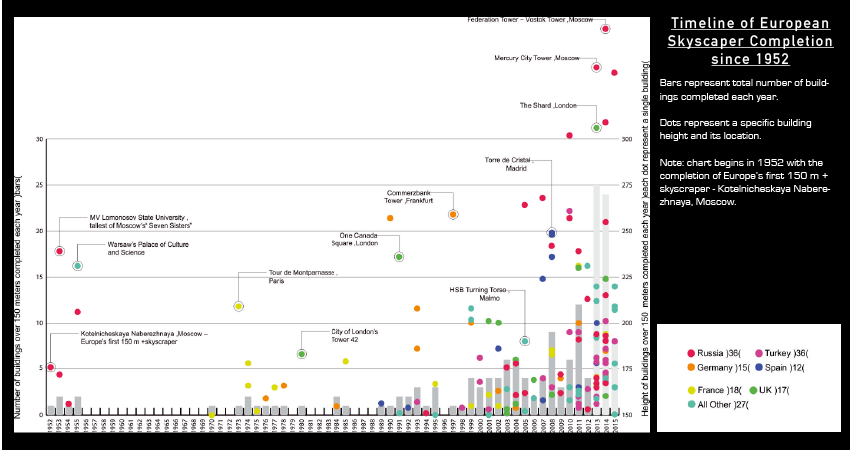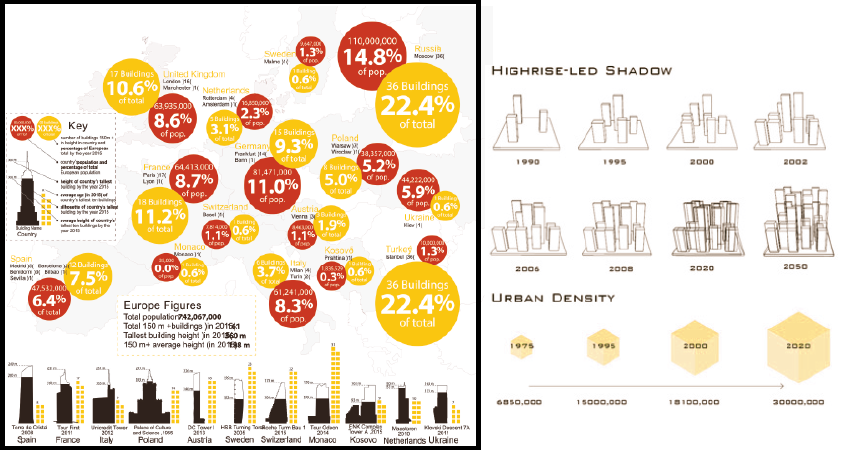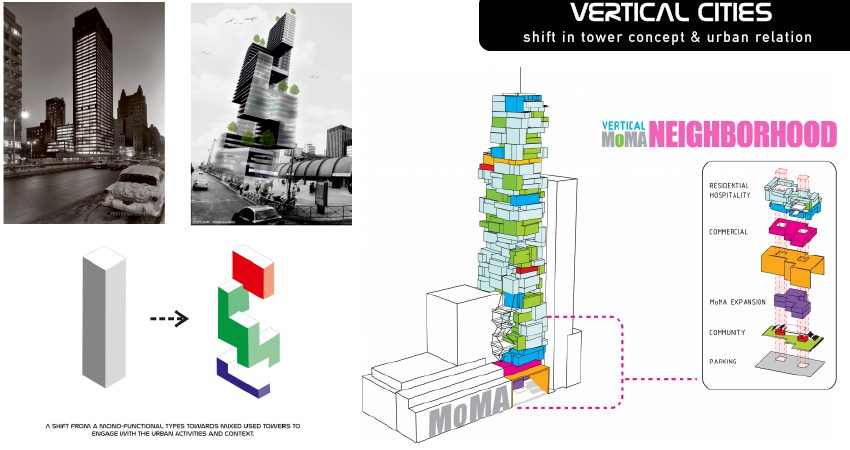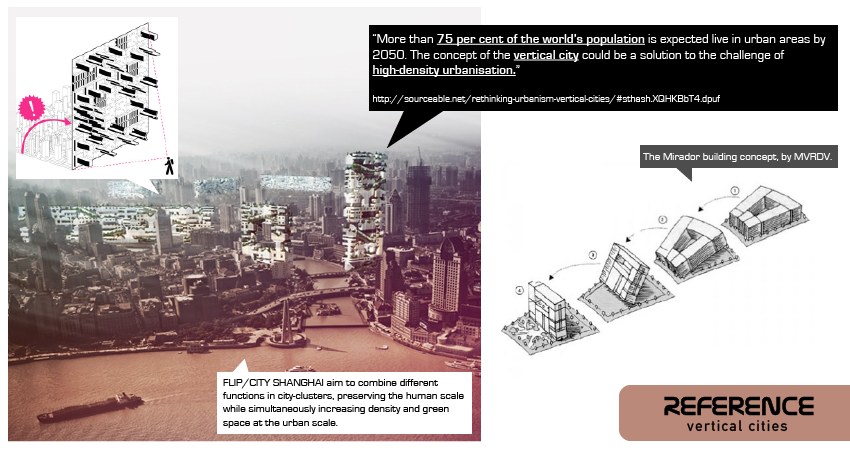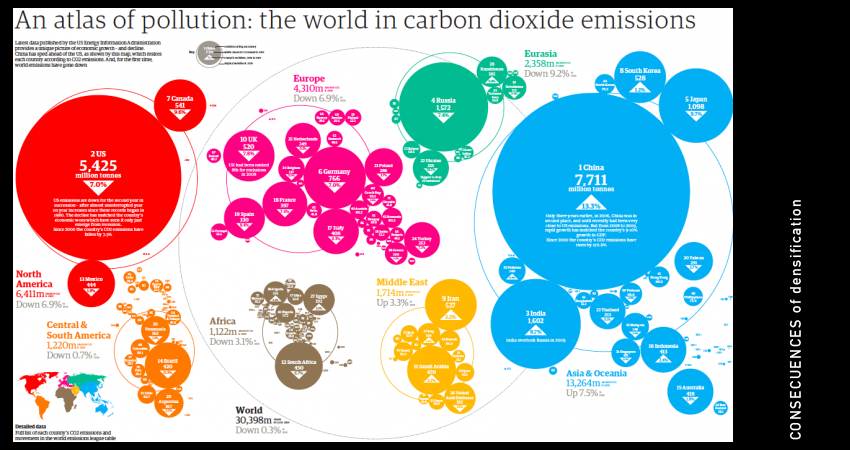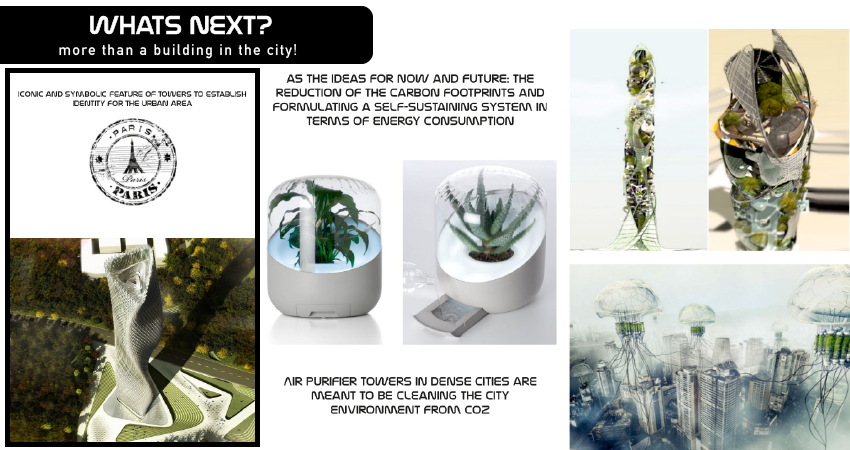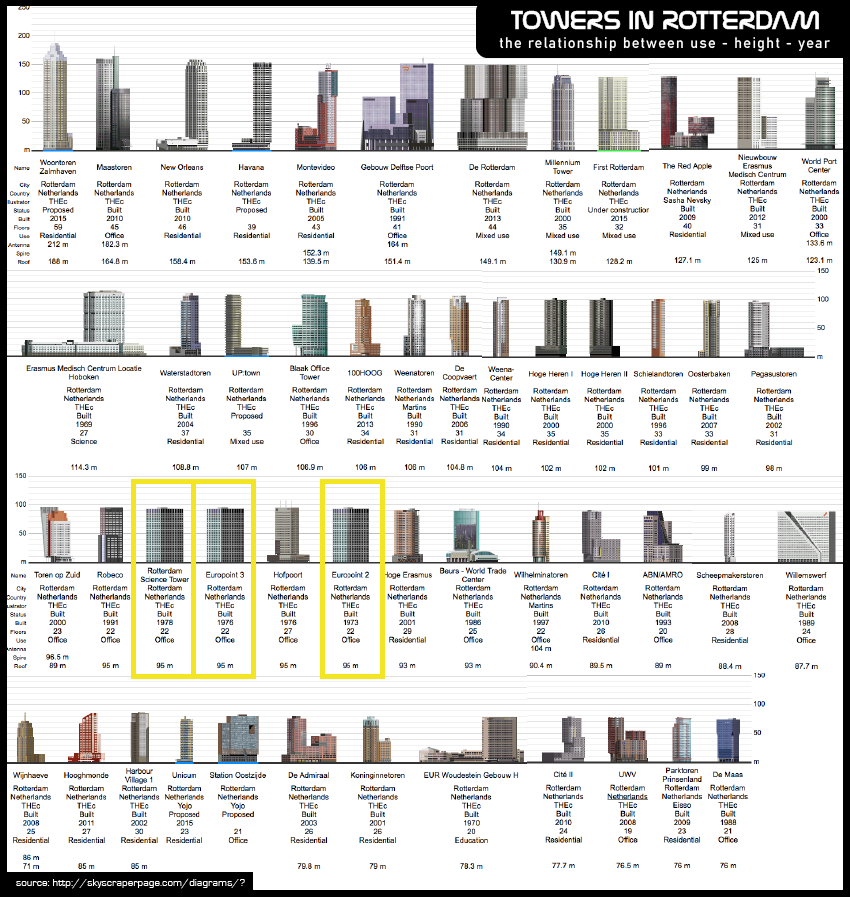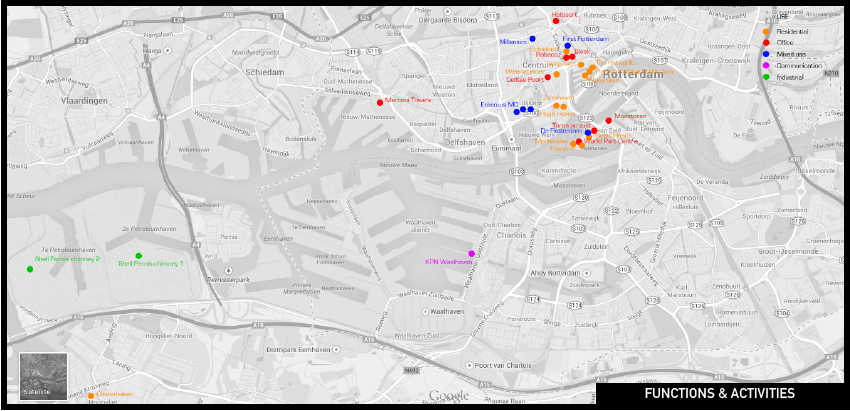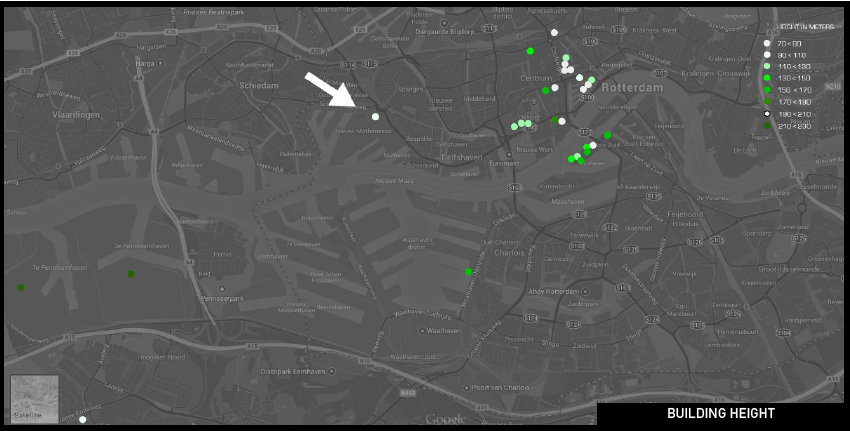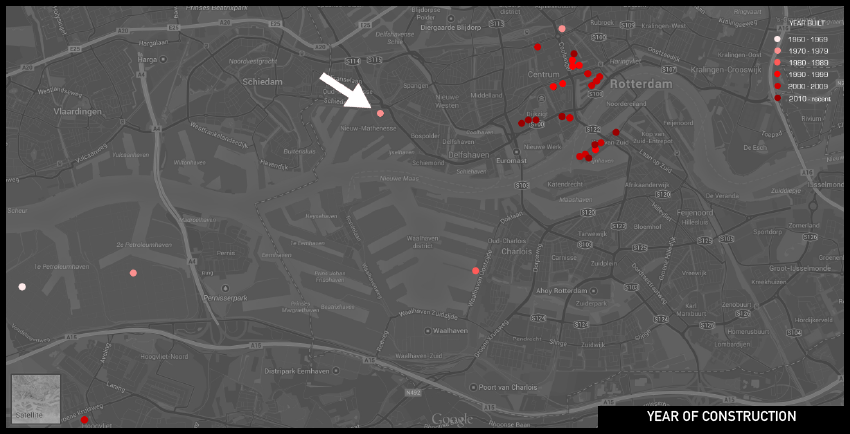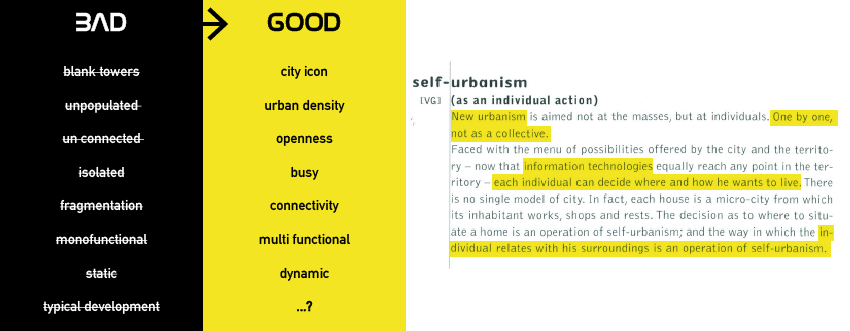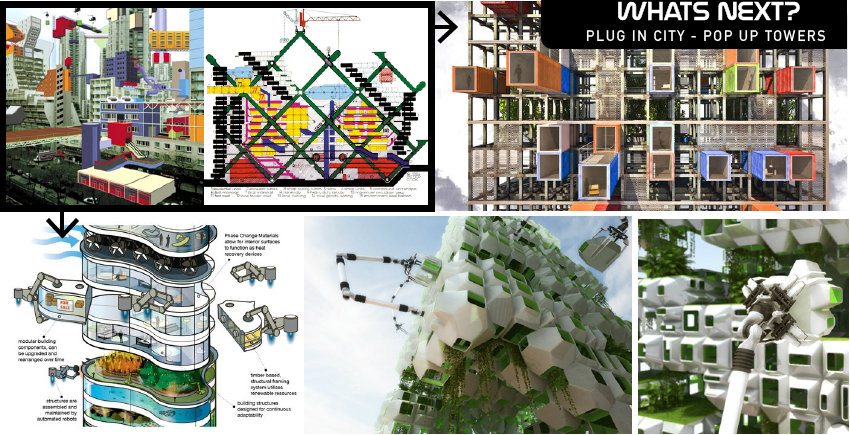Shared:Group 5
Urban analysis
Rotterdam Is Drowning in Empty Office Space
| BY RACHEL KEETON | RESILIENT CITIES | JUNE 5, 2014
Rotterdam has a vacancy problem. (...) The city has one of the highest office vacancy rates in the Netherlands, and the Netherlands itself (...) highest national office vacancy rate in Europe. Nationwide, there are more than 7,500,000 square meters of empty office space, and more than half of that total has been empty for more than three years.
(...)The problem with empty buildings is that vacancy breeds vacancy. “When one building stays empty it leads to a decline in both rental value and property value of the surrounding buildings,” (…) “This negative influence can have a ripple effect as more and more buildings lose tenants and cannot replace them.”'
(…) over the last three years, nearly 200,000 square meters of empty office space has been transformed into housing, clinics and hotels.
source: http://nextcity.org/daily/entry/rotterdam-is-drowning-in-empty-office-space
Marconi Tower Data
Tower Data Sheet:
File:Tower Data-2.xlsx
Tower Analysis Grid
Parametric Framework Aproximation
Previous weeks analysis
'''resonance and transference'''
Dynamic systems increase their complexity (that is, their capacity for combining overlapping levels of information) in situations which foster a greater degree of interchange between different actions and stimuli (no longer as merely additive events, but rather as interactive and multiplicative bits of information, aimed at influencing the global environment by means of local action).
In such processes, the degree of interaction of each event dependes, in effect, upon its greater or lesser effectiveness in “resonating” with the basic parameters of the system (to simultaneously condense and assimilate them) and, at the same time, in transferring them (in turn, to restructuring and restimulating them) giving them new energies (vectors) and, therefore, new propulsive movements (trajectories).
source: The Metapolis, Dictionary of Advance Architecture - Manuel Gausa
''research''
- study contemporary references of towers > typology, structure, configuration, interaction, new technology, flexible interiors & environment relation.
- research concept of re-habilitation and how can we re-inhabit the towers
- importance of the towers as city icons and social component to activate the transformation > renovation engine
references sources:
social and user interaction
http://beta.crowdbuilding.nl/crowds/
http://www.plethora-project.com/games/
tower as urban infrastructure > city icon
http://www.archdaily.com/497904/amlgm-proposes-to-top-new-york-transportation-hubs-with-sprawling-tower/
http://www.evolo.us/architecture/taiwanese-wind-tower-by-decode-urbanism-office/
multifunctional plug in tower
http://archinect.com/news/gallery/67438747/3/arup-proposes-radical-building-of-the-near-future
http://www.evolo.us/competition/skyvillage-for-los-angeles/

